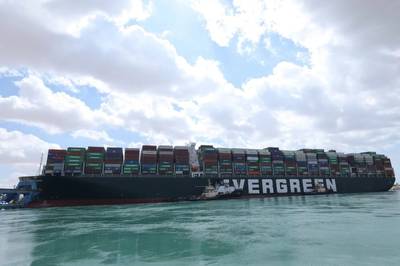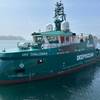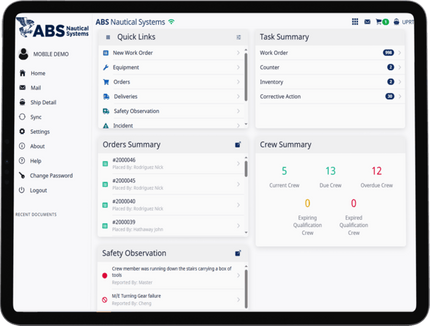Coverage for Suez Canal Supply and Trade Disruptions
The six-day blockage of the Suez Canal by the Ever Given has resulted in numerous trade and supply chain disruptions for businesses that depend on timely shipments. At least 400 cargo ships were stuck and many forced to reroute. Businesses may be protected from lost profits and the costs of these interruptions and supply chain delays by insurance.
Businesses that depend on the Suez Canal to deliver their cargo, commodities and products face billions of dollars of lost profits and damages. When businesses rely on just-in-time deliveries or have strict contractual requirements, the delays will be particularly costly and the variety of damages could be wide for shippers and receivers and those that rely on them.
Some of the insurance policies that may respond include trade disruption coverage and contingent business interruption coverage, which protects against business interruptions caused by damage to others’ property. Other policies may protect against damaged cargo and the ship itself, while others pay for liability claims made against potentially responsible parties such as the ship’s owners.
Trade disruption, political risk and similar specialty policies frequently include protection against supply chain disruptions that the policyholder cannot control that impact a global or local distribution network. Unlike many other business interruption insurance coverages, these policies typically provide protection even if no property has been damaged or lost by anyone, and even if the cargo or good eventually reaches its intended destination. Usually, all that is required is an event causing shipments to be prevented or delayed, including unexpected political or economic developments, natural disasters … or an unexpected accident causing a route blockage.
The precise scope of coverage can vary, but trade disruption policies frequently insure lost profits/earnings of shippers and receivers, and extra expenses required to offset or deal with the delay or disruption in goods or supplies. Obvious examples may include lost or reduced sales, increased operating expenses, contractual penalties, premiums and costs for new supply lines or traveling the alternate around Africa, costs of unexpected fluctuations in commodity prices, and even lost time.
Separately, because property was damaged in the course of the canal blockage, business interruption and contingent business interruption coverage may respond. Business interruption coverage, for example, may protect the ship’s owners against damage to the ship and interruption to their business. By contrast, other shippers and businesses in a given supply chain may have claims under contingent business interruption and contingent extra expense coverage based on damage caused to the Ever Given—even though their own ships or cargo suffered no damage. This coverage may extend to lost profits and extra expenses incurred because of damage to property owned by a customer or supplier, and some property and cargo policies may be even broader.
Shippers, receivers and other businesses that have been damaged or lost profits due to the Suez Canal closure should review and analyze their insurance policies closely to consider whether they have potential claims. Where a claim is possible, legal advice may be necessary, and many policyholders should seek help from forensic accountants who aid in the calculation of lost profits.













